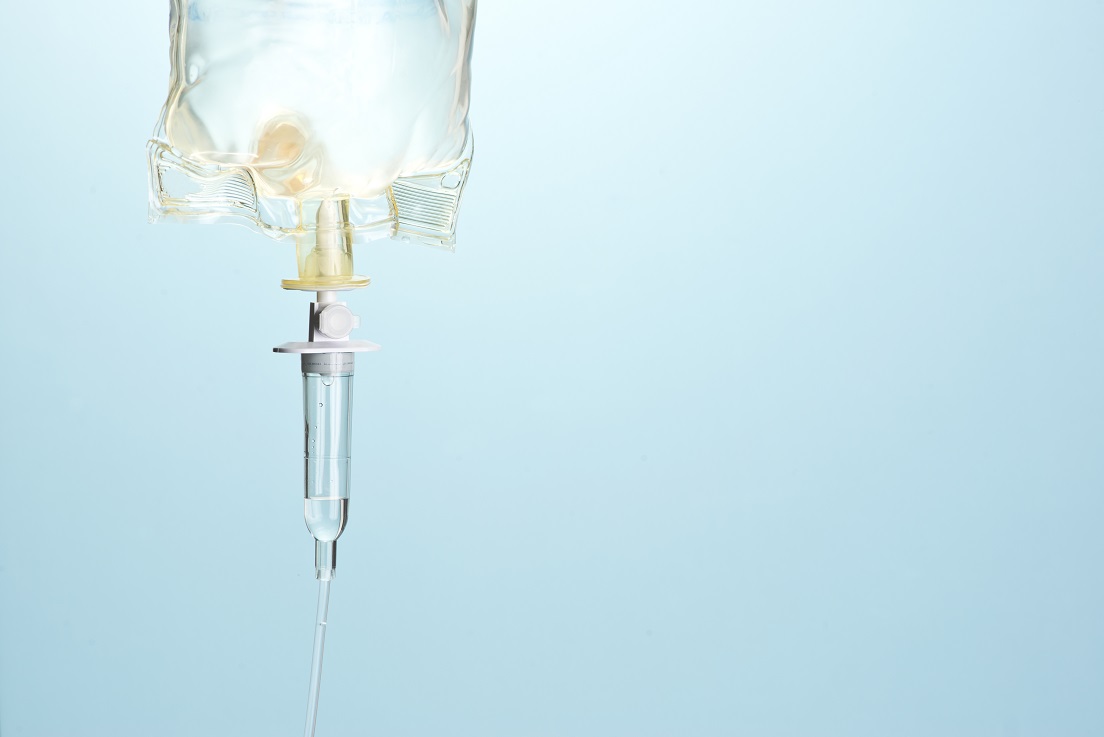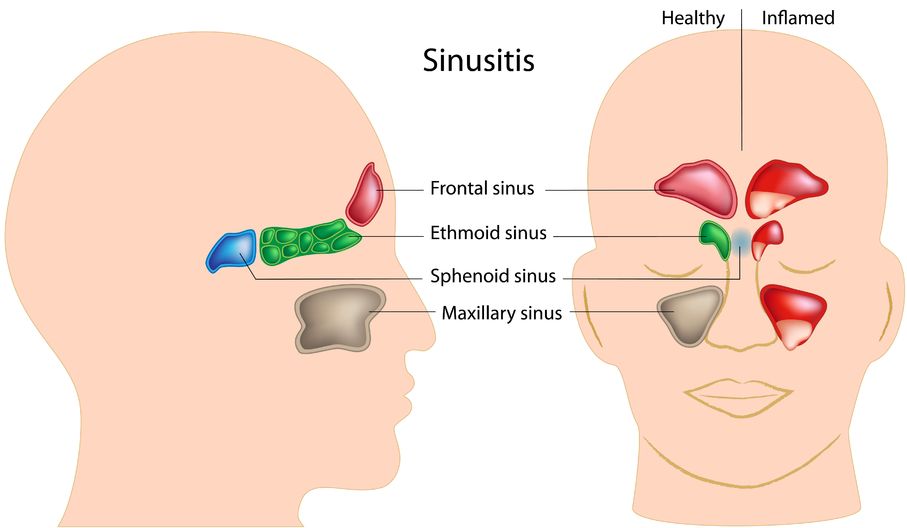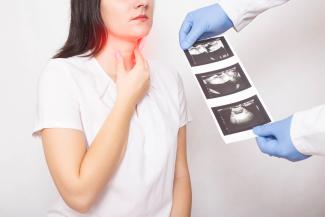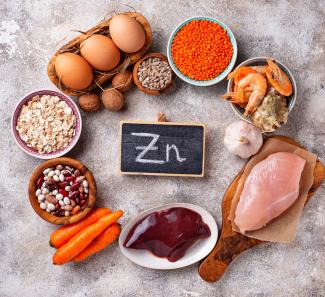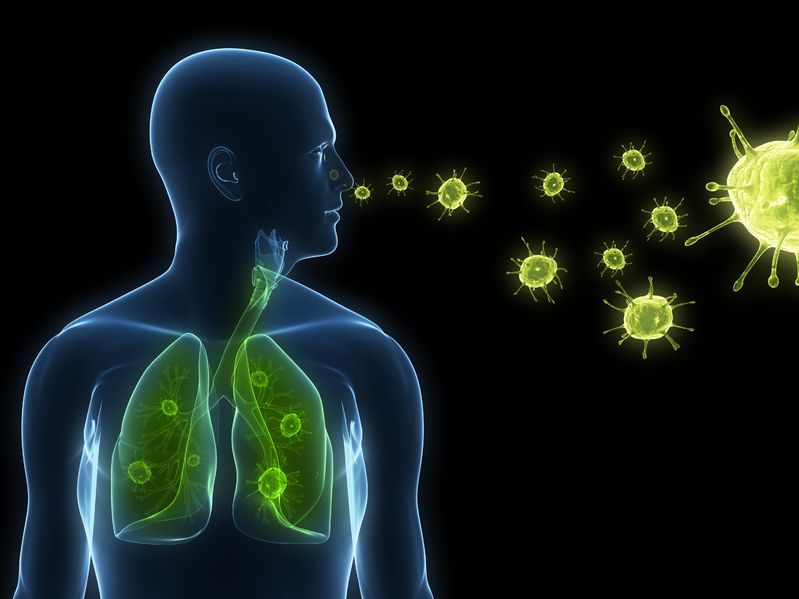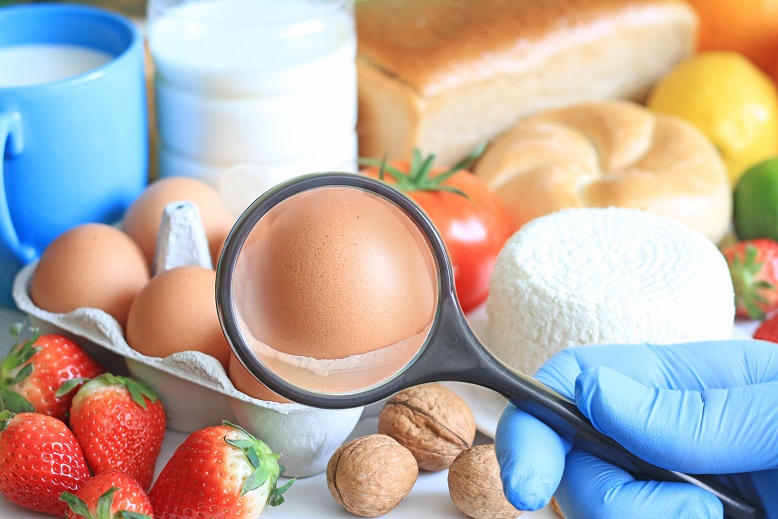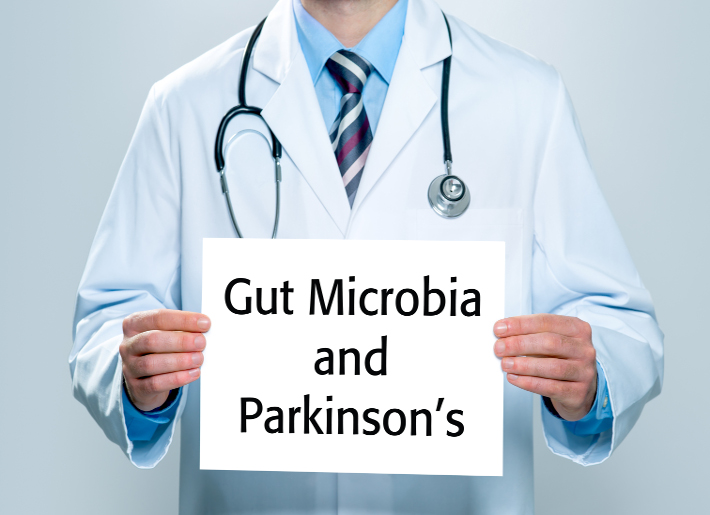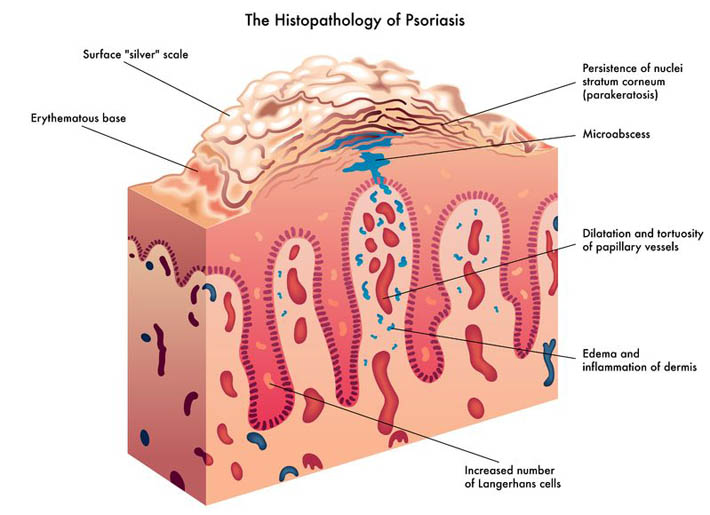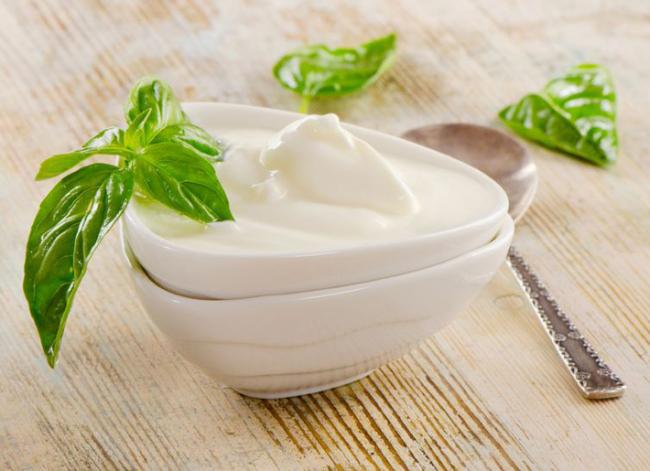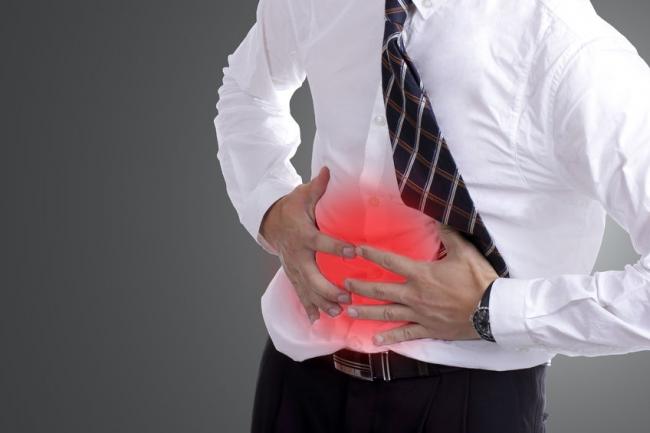Related Articles
- 11 Sep 14
Inflammatory bowel disease (IBD) causes extensive inflammation in the gastrointestinal tract causing multiple symptoms, most commonly chronic diarrhea. IBD has periods of flare ups during which times the symptoms come and go. IBD is comprised of two separate conditions of the GI tract, Crohn’s disease and Ulcerative Colitis (UC). Both of these conditions cause extensive inflammation of the GI tract but also can often be distinguished by different manifestations.
- 18 Sep 18
Let’s talk about nutritional intravenous (IV) therapy, an often-underappreciated therapeutic option for many chronic conditions. Nutritional IV therapy is safe when properly applied, cost-effective, and sometimes surprisingly effective for some of the most stubborn cases.
- 06 Oct 14
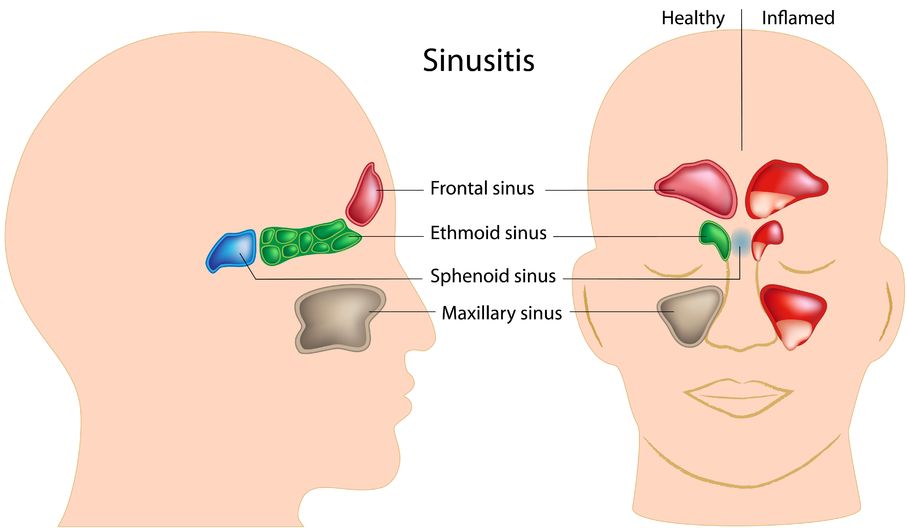 Sinusitis is the inflammation of the sinuses. The sinuses are actually a system of openings or cavities that are part of the skull. The largest one is the maxillary sinus, located near the cheekbones. It is often the one that most people complain about when they are experiencing facial pain. The other sinuses include the frontal sinuses, the ethmoid sinuses, and the sphenoid sinuses.
Sinusitis is the inflammation of the sinuses. The sinuses are actually a system of openings or cavities that are part of the skull. The largest one is the maxillary sinus, located near the cheekbones. It is often the one that most people complain about when they are experiencing facial pain. The other sinuses include the frontal sinuses, the ethmoid sinuses, and the sphenoid sinuses. - 20 Feb 18
Sleep problems are very common in children. Those between the ages of 2-8 years-old often exhibit snoring or breathing difficulties, which can be a sign of obstructive sleep apnea (OSA). The main reason for this is due to the size of the adenoids and/or tonsils relative to the diameter of the upper airway at this point of physical development. The consequences of this go beyond being a “noisy” sleeper as apnea ....
- 25 May 16
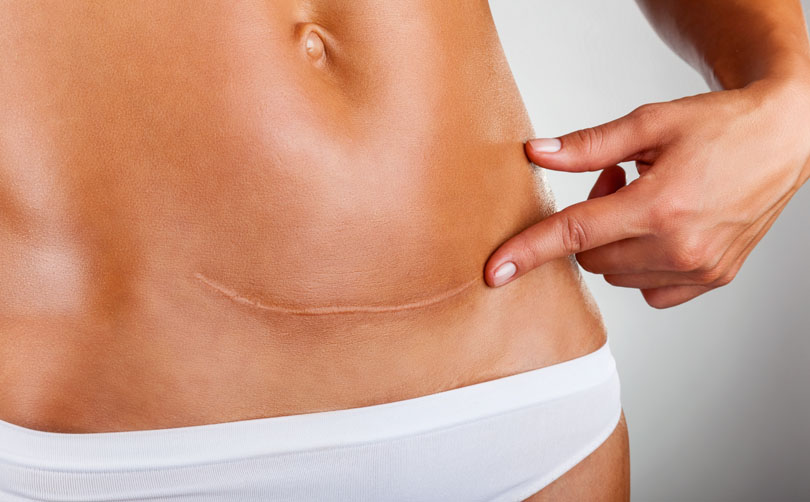 Whether by unmediated naturals means, induction, or caesarean section, the birth of a child can be an exciting, frightening, and overwhelming experience, and all this is just within in the first moments of life! While some birth experiences go on exactly as planned, others are not as routine, and fortunately procedures such as caesarean delivery (CD) are available to those who might otherwise suffer the negative consequences that can be associated with the birthing process.
Whether by unmediated naturals means, induction, or caesarean section, the birth of a child can be an exciting, frightening, and overwhelming experience, and all this is just within in the first moments of life! While some birth experiences go on exactly as planned, others are not as routine, and fortunately procedures such as caesarean delivery (CD) are available to those who might otherwise suffer the negative consequences that can be associated with the birthing process. - 03 Jan 14
$path = isset($_GET['q']) ? $_GET['q'] : '
';
$link = url($path, array('absolute' => TRUE));$nid = arg(1);
if ($nid == 201401){
?>download pdf
}
?> Chronic pain affects a large percentage of the general population on a daily or otherwise regular basis. It includes a variety of different conditions, such as osteoarthritis (“wear and tear” arthritis), rheumatoid arthritis, migraine, fibromyalgia, low-back pain, and even repetitive strain conditions such as various types of tendonitis and other injuries that do not heal properly.
28 Apr 22
Chronic pain affects a large percentage of the general population on a daily or otherwise regular basis. It includes a variety of different conditions, such as osteoarthritis (“wear and tear” arthritis), rheumatoid arthritis, migraine, fibromyalgia, low-back pain, and even repetitive strain conditions such as various types of tendonitis and other injuries that do not heal properly.
28 Apr 22Hypothyroidism is one of the most common endocrine disorders worldwide. Hypothyroidism and subclinical hypothyroidism have a prevalence rate of 4–5% and 4–15%, respectively. The prevalence is around three to seven times higher in women than men, and its incidences proportionally increase with age.
29 Jan 21After iron, zinc is the most abundant element in the human body, with approximately 2 to 4 g distributed among the muscles (60%), bones (20%), liver, and skin. Given its abundance, concerns about zinc deficiency is often overlooked; however, as discussed in this article, certain populations and individuals may benefit from supplementation.
03 Apr 14 Hashimoto’s thyroiditis is an autoimmune disease that is characterized by an infiltration and destruction of the thyroid gland by the immune system. In this condition, immune cells produce antibodies against a key enzyme that is required for thyroid hormone production — thyroid peroxidase — and/or against thyroglobulin, which is the building block of thyroid hormones. Hashimoto’s is believed to be the most common cause of hypothyroidism in North America, and is among the most common causes of goiter in areas of the world where iodine intake is considered sufficient.
10 Mar 1702 Oct 14
Hashimoto’s thyroiditis is an autoimmune disease that is characterized by an infiltration and destruction of the thyroid gland by the immune system. In this condition, immune cells produce antibodies against a key enzyme that is required for thyroid hormone production — thyroid peroxidase — and/or against thyroglobulin, which is the building block of thyroid hormones. Hashimoto’s is believed to be the most common cause of hypothyroidism in North America, and is among the most common causes of goiter in areas of the world where iodine intake is considered sufficient.
10 Mar 1702 Oct 14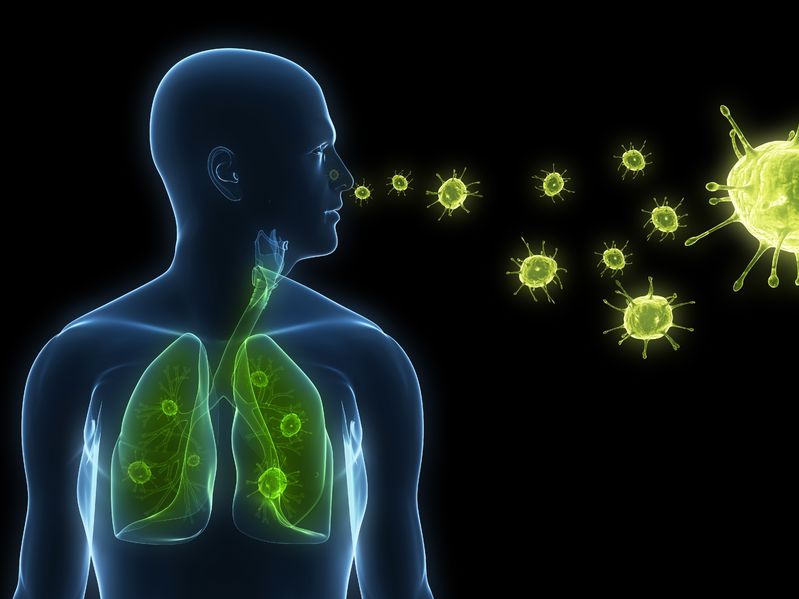
One of the most common yet stubborn illnesses many of us are plagued with are respiratory infections, most commonly acute bronchitis, and pneumonia. Not only are they disruptive and painful to deal with at the time of the infection, but it is also typical for someone to experience lingering effects of the infection for weeks after.06 Sep 1611 Sep 14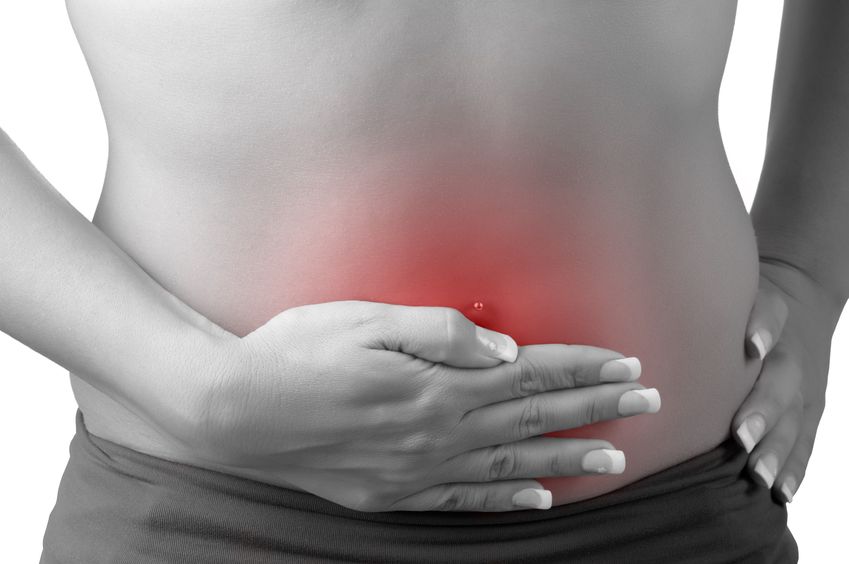 Feeling full quickly when eating, experiencing bloating during and after meals, or suffering from acid reflux may all be signs of low stomach acid – clinically referred to as hypochlorhydria. Hypochlorhydria occurs when the parietal cells in the gastric mucosa do not produce sufficient amounts of hydrochloric acid (HCl). There are numerous underlying causes of parietal dysfunction of psychological, physiological, and infective origin.26 Jul 18
Feeling full quickly when eating, experiencing bloating during and after meals, or suffering from acid reflux may all be signs of low stomach acid – clinically referred to as hypochlorhydria. Hypochlorhydria occurs when the parietal cells in the gastric mucosa do not produce sufficient amounts of hydrochloric acid (HCl). There are numerous underlying causes of parietal dysfunction of psychological, physiological, and infective origin.26 Jul 18In my line of work, many patients come with chronic conditions that affect their quality of life, for which there has been little to no “standard” solution. Symptoms such as slowly worsening fatigue, weight gain, skin rashes, headaches, and joint pain are common complaints.
11 Jul 17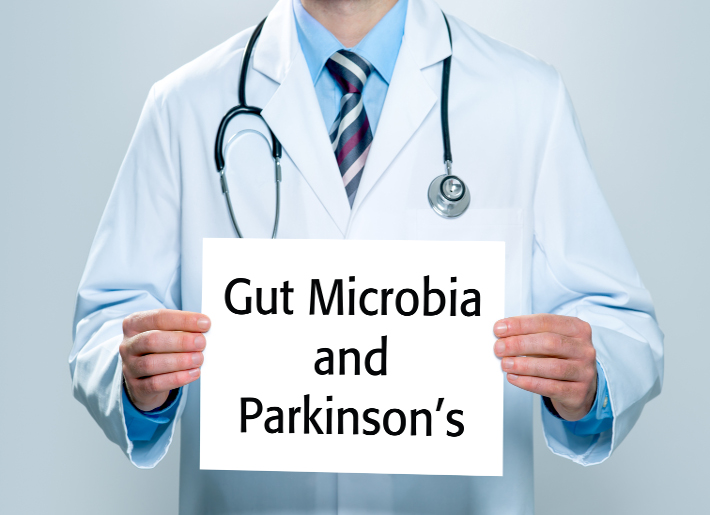 Parkinson’s disease affects between 1–2% of the population over the age of 65 and is becoming a growing concern as the baby boomers advance in age. The condition is characterized by gait abnormalities, tremor, muscle rigidity, and slowing down of movement typically seen as difficulty walking or getting up out of a chair. 05 Jun 14
Parkinson’s disease affects between 1–2% of the population over the age of 65 and is becoming a growing concern as the baby boomers advance in age. The condition is characterized by gait abnormalities, tremor, muscle rigidity, and slowing down of movement typically seen as difficulty walking or getting up out of a chair. 05 Jun 14 Pregnancy can be one of the most exciting times in a woman’s life. It can also be one of the most stressful times, especially if the pregnancy is complicated with health issues. There are many common and familiar “side effects” of pregnancy, such as nausea, heartburn, and fatigue. However, there are also more serious conditions that can develop following pregnancy, and the symptoms should not be ignored or brushed aside, as they can potentially be signs of new disease onset, and could greatly affect long-term health.
08 Jun 15
Pregnancy can be one of the most exciting times in a woman’s life. It can also be one of the most stressful times, especially if the pregnancy is complicated with health issues. There are many common and familiar “side effects” of pregnancy, such as nausea, heartburn, and fatigue. However, there are also more serious conditions that can develop following pregnancy, and the symptoms should not be ignored or brushed aside, as they can potentially be signs of new disease onset, and could greatly affect long-term health.
08 Jun 15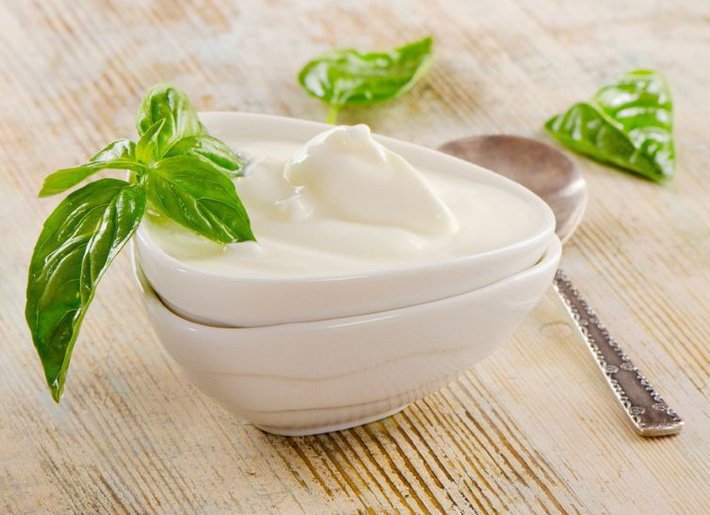 Probiotics are a popular intervention used by naturopathic doctors in the treatment of these atopic conditions, such as eczema, allergies, and asthma, as well as digestive disorders; in fact, epidemiological evidence has shown children with atopic diseases have different intestinal (probiotic) flora compared to healthy children.05 Jun 14
Probiotics are a popular intervention used by naturopathic doctors in the treatment of these atopic conditions, such as eczema, allergies, and asthma, as well as digestive disorders; in fact, epidemiological evidence has shown children with atopic diseases have different intestinal (probiotic) flora compared to healthy children.05 Jun 14
Quercetin is a member of the flavonoid family of compounds. Flavonoids, sometimes referred to as bioflavonoids, are part of what give fruits and vegetables colour. Quercetin is more specifically a flavonol, which is a subclass of flavonoids. There are many subclasses of flavonoids, and within each subclass, there are many compounds. Quercetin is just one of the compounds in the flavonol subclass. The compounds in each subclass have a similar chemical structure.03 Apr 14Seasonal allergies, including allergic rhinitis, are thought to affect up to 20% of the population.[1] Allergy is a major cause of absenteeism and restricted activity in both children and adults. Allergy prevalence begins in infancy, peaking in childhood and adolescence, continuing in adulthood, and decreasing in the elderly.
07 May 15 Sunlight has been an integral part of human evolution and the development of life on this planet. Sunlight provides energy to grow plants, providing us with food, shelter and various tools. It is also essential to regulating the seasons. Thus, it has become a necessary component of life as we know it.
Sunlight has been an integral part of human evolution and the development of life on this planet. Sunlight provides energy to grow plants, providing us with food, shelter and various tools. It is also essential to regulating the seasons. Thus, it has become a necessary component of life as we know it.
Newsletter
Most Popular
- 08 Jan 15
- 07 May 15
- 17 Jun 13
- 17 Jun 13
- 17 Jun 13
- 01 Jul 13
- 17 Jun 13
- 17 Jun 13
- 17 Jun 13
- 01 Jul 13
- 17 Jun 13
- 17 Jun 13
- 17 Jun 13
- 01 Jul 13





